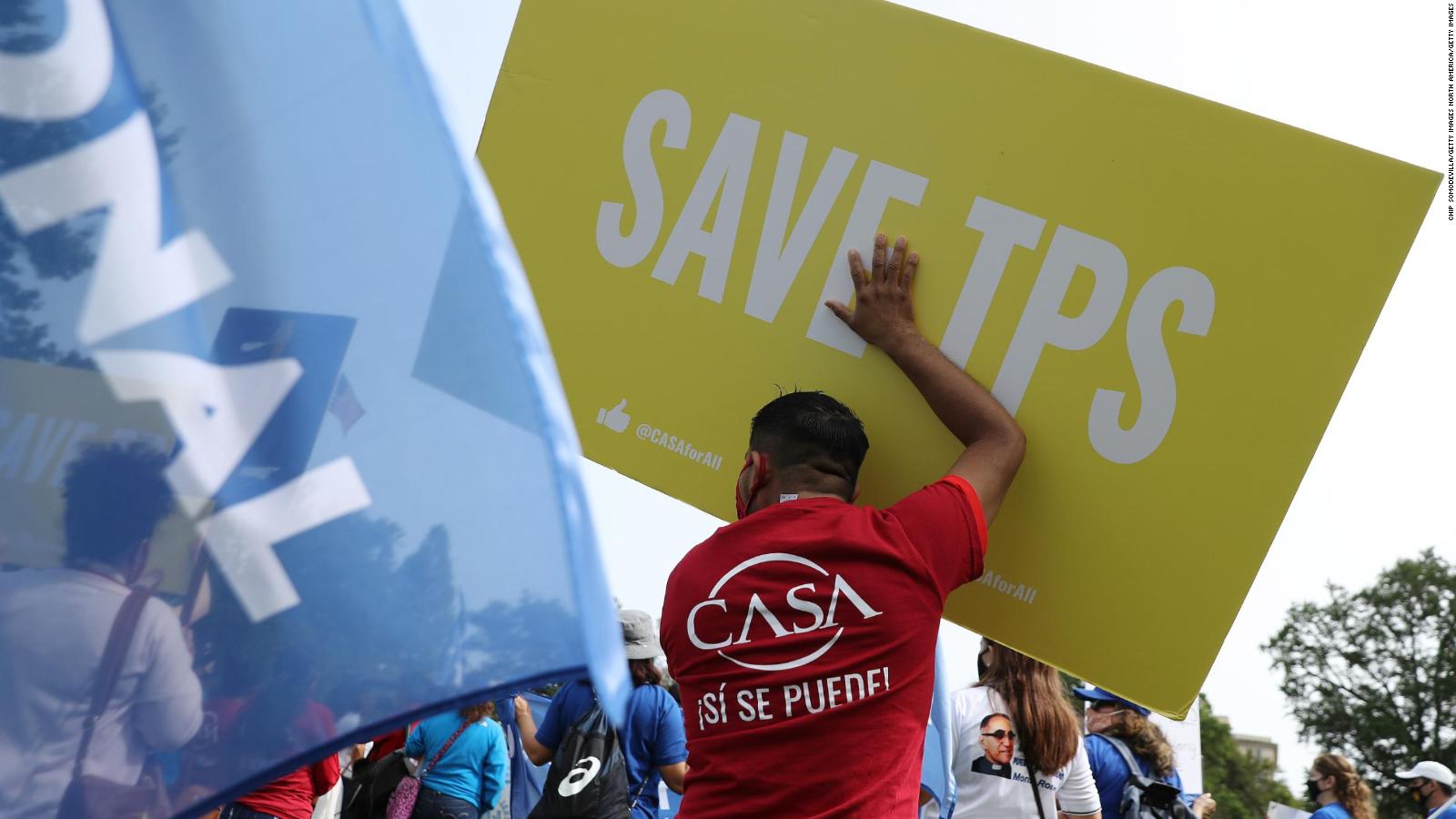(Reuters) — The United States has extended until mid-2024 a protected status program that prevents migrants from being deported for citizens of six countries, including Haiti and three Central American nations, its immigration service said Thursday.
Temporary Protected Status (TPS) will be extended until June 30, 2024 for citizens of Haiti, El Salvador, Nicaragua, Sudan, Honduras and Nepal, according to a document filed by US Citizenship and Immigration Services.
More about immigration:
The action means your status will no longer expire at the end of the year.
TPS provides beneficiaries with work permits and can protect them from deportation if their home countries experience extraordinary events such as natural disasters or armed conflict.
The extension will affect some 392,000 people, of which some 242,000 are citizens of El Salvador, according to USCIS data.
“Thank God,” said the Salvadoran ambassador to the United States, Milena Mayorga, tweeting a link to the document.
The extension gives the Hondurans of the program “peace of mind for another 18 months,” Honduran Foreign Minister Eduardo Reina said at a press conference.
The Department of Homeland Security (DHS) announced the extension “to ensure its continued compliance” with orders stemming from two ongoing court cases, says the document, which was submitted to the federal register and will be officially released on Nov. 16.
The administration of President Joe Biden in October withdrew from settlement talks that could have provided more protection to TPS affiliates from those countries and put them at risk of losing their status, according to plaintiffs in one of the cases.
DHS said in a statement Thursday’s decision was “consistent with DHS practice over the past four years.”
The extension “is a huge relief” for those enrolled in the program, said US Sen. Alex Padilla, a Democrat who chairs a judicial subcommittee on immigration.
Padilla called the move “a step in the right direction” but said more permanent protections were needed.






